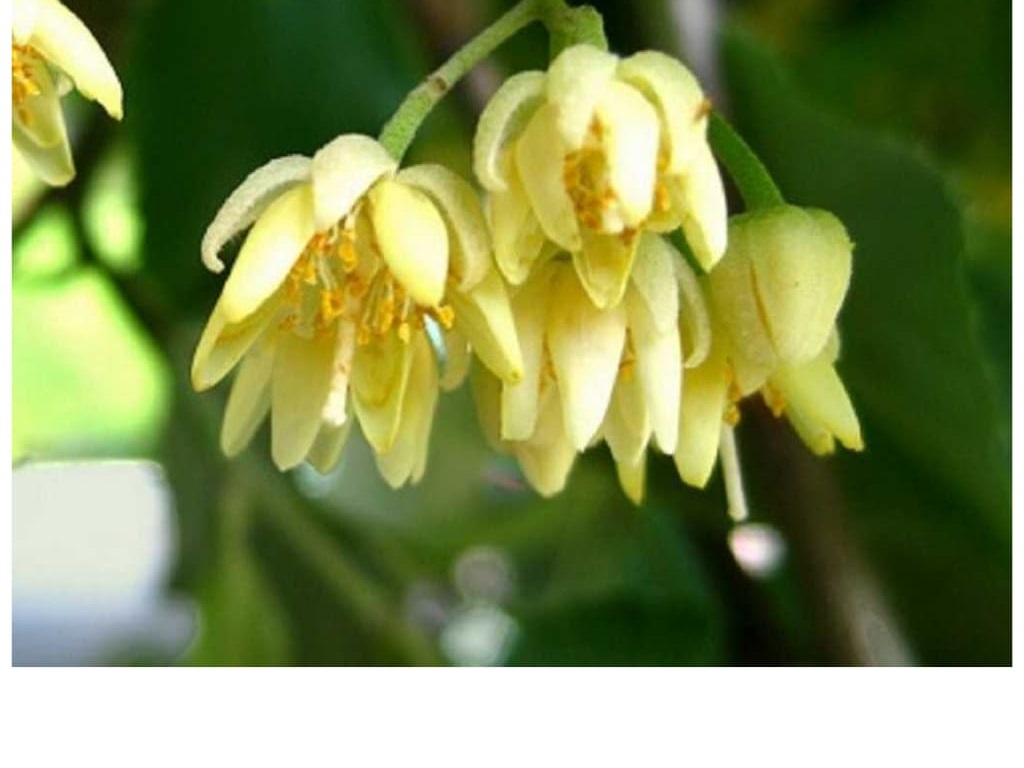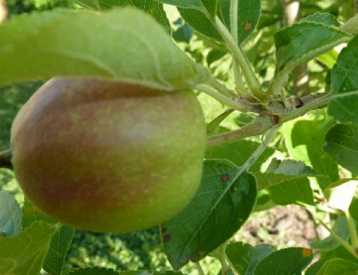"Some Scarce See Nature At All"
We live in a world separated from natural things. Most days from wake to sleep there is nothing that we touch that hasn't been produced by human effort. Our phones, computers, beds, houses, sidewalks, rubber shoes, cars, work, gym, restaurants, televisions, temples and churches, all products of the human hand, all products that daily separate us from any form of unmediated phenomena.
"This is truly damnable, the single greatest blight on human capacity at present in our world, and perhaps, that ever was. Technological capacity has burgeoned, whilst human attentive capacity – the capacity to “be with”, might be the best I can put it – has atrophied, and astonishingly, and badly. I am not making an evil of technological capacity. In fact, I think it is partly through this, this sudden awareness that is possible through it, that some transformation in consciousness – a re-opening to the sacred – can happen. In a sense what has happened, or is happening, is the parts of the human race in touch with this technology on a daily basis, are seeing in magnified form their distracted condition which pre-existed the internet. The magnification is great enough that we are forced to consider the present again, and this includes a sudden – astonishing – reconsideration of the heart of what it means to be alive."
But nature is not mute, it speaks and continues to try to work its way back into our reality through a variety of means. It uses the rain, wind, rust, mold, freezing and thawing, it even uses the slow march of time, and it pushes back, trying to get us to notice the marvelous world that exists outside of our encapsulated environments. Oh but the race of humans is stubborn, and we push back too, expending amazing amounts of energy to keep nature under control.
"Nature is not mute! Man has become deaf!"
Nature has many tricks though, and there are other ways that it breaks through the barriers we have created, and that is through smell and sound. There is a scent around the middle of June that is so powerful, so wonderful, and so overwhelming, that it is hard to ignore. If one were to follow that scent, then they will be ushered into the presence of a great orchestra of a thousand humming insects, all playing their instruments to a particular tune. Such smells and such music are the product of a flowering Basswood, a marvelous tree that asks us all to take notice of it.
"The tree which moves some to tears of joy is in the eyes of others only a green thing that stands in the way. Some see nature all ridicule and deformity . . . and some scarce see nature at all. But to the eyes of the man of imagination, nature is imagination itself."

